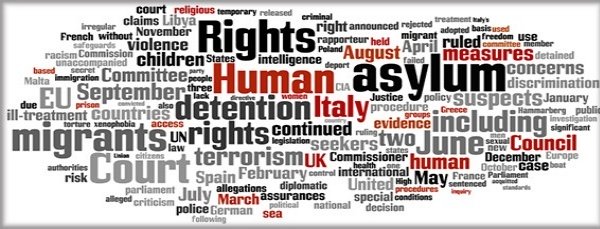[Brussels, 07 November 2014] The European Union Agency for Fundamental Rights (FRA) publishes the survey “Discrimination against and living conditions of Roma women in 11 EU Member States”. The research shows huge differences between EU Member States and calls on the European Union and EU Member States to take these trends into account when developing Roma inclusion policies.
The survey explores the situation of Roma women in access to education, employment, healthcare and housing, as well as their financial situation, perception of discrimination and rights awareness, active citizenship and marital status in 11 EU Member States (Bulgaria, the Czech Republic, France, Greece, Hungary, Italy, Poland, Portugal, Romania, Slovakia and Spain).
In general, the average situation of Roma women in those areas is worse than that of Roma men. It also highlights the huge differences and gaps between the surveyed Member States. Among the key findings, 37% of Roma women aged 16 to 24 are reported as remaining in education after the age of 16, compared to 50% of Roma men. 21% of Roma women are in paid word, compared to 35% of Roma men. On average, Roma women are less aware of anti-discrimination legislation than Roma men.
The conclusions provide Member States with recommendations, such as ensuring that Roma girls have equal access to educational institutions as non-Roma girls, irrespective of their settlement type or geographical region.
The whole report and the conclusions are available here.
Despite the adoption of a European Parliament Report in 2006 on the situation of Roma Women and “10 Common Basic Principles on Roma Inclusion” by the Council of the European Union in which one of the principles relates to gender awareness, the vulnerable situation of Romani and Traveller women has, in practice, remained unaddressed by European and national policy-makers.
In 2012, the EWL published a Position Paper which aims to highlight recommendations for European and national decision-makers in order for public policies, especially National Roma Integration Strategies, related to both Romani people and to gender equality in general, to fully address women’s rights and needs. Download the position paper here.



